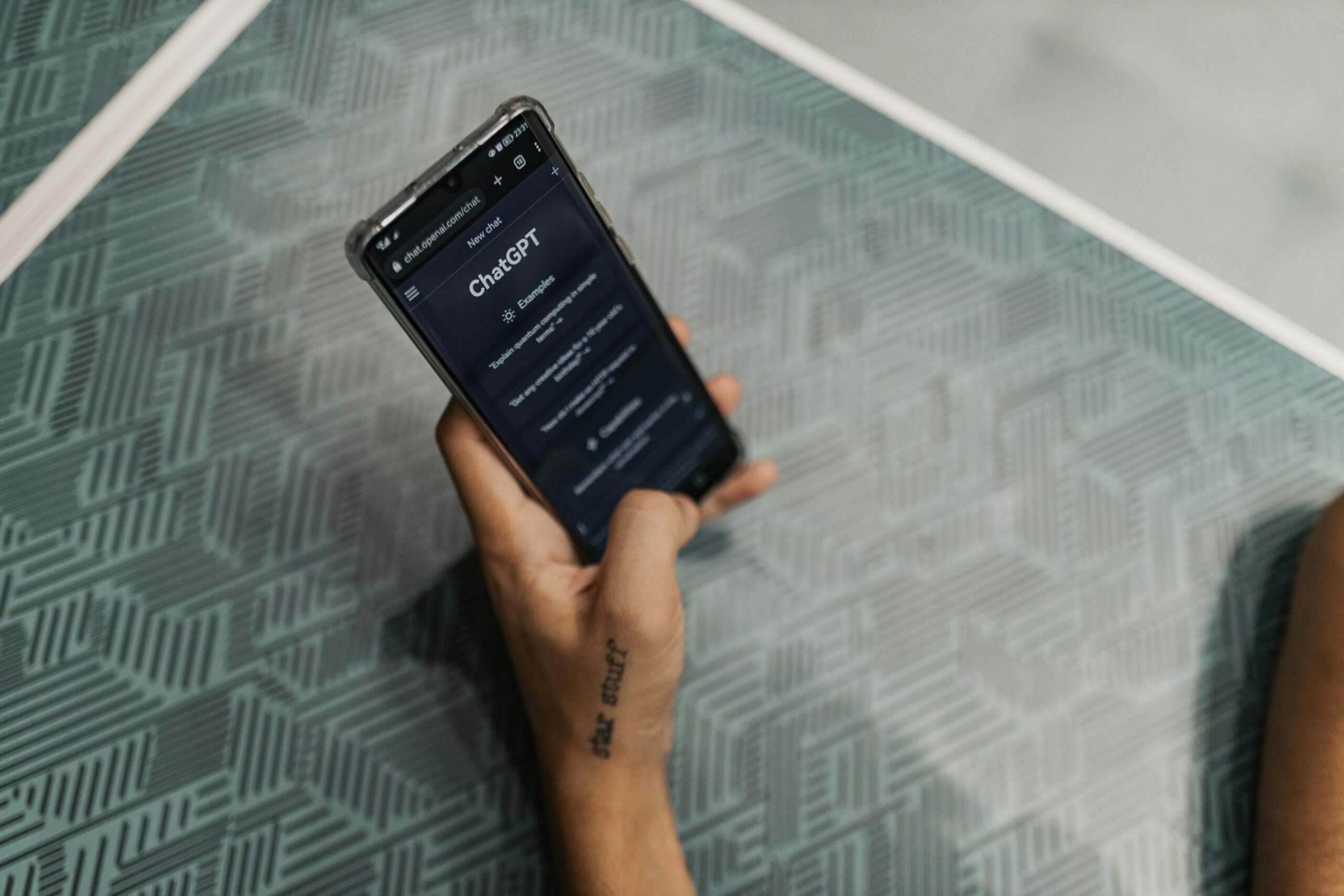Introduction
Imagine a smartphone with no icons, no app store, and no endless scrolling through social media feeds. Instead, every function—messaging, navigation, entertainment, and productivity—is handled by a single, powerful AI assistant. No downloads, no updates, no clutter. Just pure, seamless interaction.
This is the future of smartphones: a device where artificial intelligence replaces traditional apps, making the experience faster, simpler, and more intuitive. But what would it actually be like to use a smartphone without any apps? Let’s explore how an AI-driven phone could reshape our digital lives.
1. The App-Free Smartphone: A New Paradigm
For over a decade, smartphones have been defined by apps. We tap icons, swipe through feeds, and juggle multiple accounts across different platforms. But what if we didn’t need any of that?
An AI-first smartphone would function like a conversational assistant—always ready to help without requiring manual input. Instead of opening a weather app, you’d ask, “What’s the forecast today?” Instead of launching Spotify, you’d say, “Play my workout playlist.” The AI would handle the rest, pulling data and services from the cloud in real time.
Key Benefits:
- No more app clutter – Your phone isn’t bogged down by dozens of rarely used apps.
- Instant access – No waiting for apps to load; the AI responds immediately.
- Unified experience – One assistant manages everything, eliminating the need to switch between apps.
2. How an AI-Only Smartphone Would Work
Without traditional apps, the AI would rely on cloud-based services, APIs, and natural language processing to perform tasks. Here’s how different functions would work:
A. Communication
- Messages & Calls: Instead of WhatsApp, iMessage, or Phone apps, you’d say:
- “Send a message to Mom: I’ll be home late.”
- “Call David on WhatsApp.”
The AI would handle the backend, choosing the right service based on contacts and preferences.
- Email & Social Media:
- “Read my latest emails.”
- “Post to Twitter: Just tried an AI-only phone—mind blown!”
B. Productivity
- Calendar & Reminders:
- “Schedule a meeting with Alex tomorrow at 3 PM.”
- “Remind me to buy milk when I’m near the grocery store.”
- Notes & Documents:
- “Take a note: Book idea—AI-driven future.”
- “Summarize this article for me.”
C. Entertainment
- Music & Podcasts:
- “Play my Discover Weekly playlist.”
- “Find the latest episode of Lex Fridman’s podcast.”
- Videos & Reading:
- “Show me trending YouTube videos.”
- “Read me the news from BBC.”
D. Navigation & Travel
- “Give me directions to the nearest coffee shop.”
- “Book a flight to Tokyo for next month.”
E. Smart Home & Payments
- “Turn off the living room lights.”
- “Send $20 to Sarah via PayPal.”
3. The Advantages of an App-Free Experience
A. Less Distraction, More Focus
Without endless app notifications and addictive interfaces, users could engage with their phones more intentionally. Instead of mindless scrolling, interactions would be task-based and efficient.
B. No More Updates or Storage Issues
Since everything runs in the cloud, there’s no need for app updates or worrying about storage space. The AI always uses the latest version of every service.
C. Universal Compatibility
An AI assistant isn’t limited by operating systems (iOS vs. Android). It can access any service, making cross-platform functionality seamless.
D. Enhanced Privacy & Security
Fewer apps mean fewer permissions. Instead of granting access to dozens of apps, users only interact with one trusted AI, reducing data leaks and spyware risks.
4. Potential Challenges
A. Internet Dependency
Without apps, the phone would rely entirely on cloud connectivity. Offline functionality would be limited unless the AI has strong local processing.
B. Loss of Customization
Some users love tweaking app layouts, widgets, and settings. An AI-only phone might feel restrictive to those who prefer manual control.
C. AI Trust & Reliability
If the AI misunderstands a request or lacks access to a preferred service, users might feel frustrated. Ensuring accuracy and reliability would be critical.
5. Is This the Future of Smartphones?
We’re already seeing glimpses of this shift:
- Voice assistants (Siri, Google Assistant, Alexa) handle many tasks without opening apps.
- AI-powered devices (Rabbit R1, Humane AI Pin) experiment with app-free interfaces.
- Large Language Models (ChatGPT, Gemini, Claude) can already perform many app-like functions via chat.
As AI improves, smartphones may evolve into “invisible interfaces”—where the traditional app grid disappears, replaced by natural language commands.



